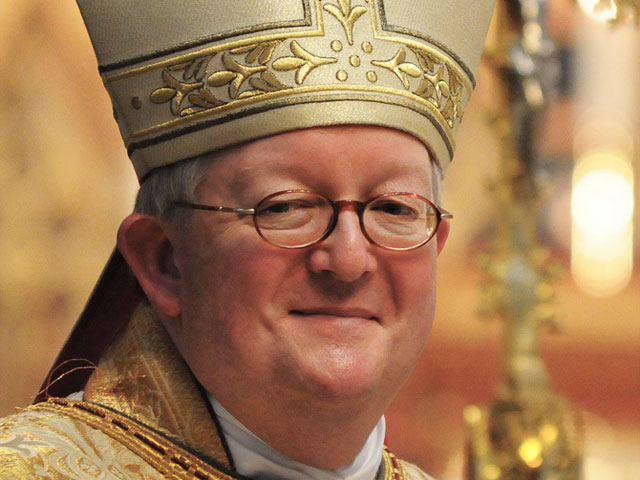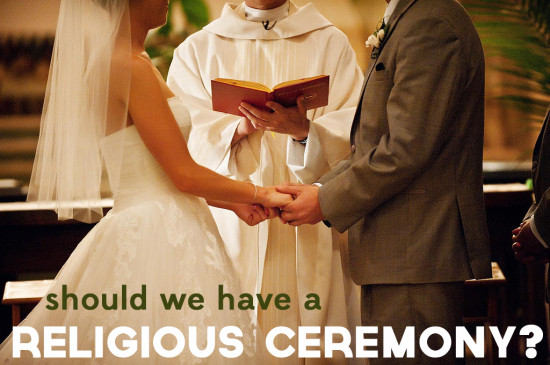I’m just catching up on some email but last week a former reporter submitted a story for review with the note “You must do a GR post about the unbelievable NPR story today by Lourdes Garcia-Navarro on an excommunicated Catholic priest. It’s insane.” He wasn’t the only one. Other reporters and readers also noticed it as particularly deserving of a GetReligion glance.
It’s kind of like if The Onion did a parody of all of those bad Roman Catholic WomenPriests stories we have fun with. It begins:
ROBERT SIEGEL, HOST:
Today, in Brazil, Pope Francis led the first public Mass of his first international trip. He travelled to a basilica that is deeply symbolic for Brazil’s Catholics. In a sermon, Francis spoke of helping the young turn away from what he called the idols of money, success, power, pleasure. He addressed thousands who had waited in the rain for his arrival.
Throughout the Pope’s Brazil trip, he has been greeted with excited throngs, but also protests.
(SOUNDBITE OF PROTESTERS CHANTING)
SIEGEL: This past Monday, in Rio, pro-gay marriage activists mounted a bare-breasted demonstration. Same-sex unions have become a big issue in the region. NPR’s Lourdes Garcia Navarro has this profile of a rebel priest whose message of tolerance got him excommunicated.
Emphasis mine. So, what tolerant message got this “rebel priest” excommunicated? You’ll want to read on to find out! You really need to read the full transcript (or affiliated story) to get the full beauty of this particular piece, but we learn from correspondent Lourdes Garcia-Navarro that Roberto Francisco Daniel “looks cooler than your typical priest.” His doctrinal deviations included opposing church teaching on homosexuality, of course, but also:
DANIEL: (Through translator) The Catholic Church is one of hypocrisy, and because of what I heard in the confessional, I decided to engage in the debate.
NAVARRO: Padre Beto not only believes in gay marriage, but is in favor of divorce and of open marriages where either party can have an extramarital affair as long as husband and wife agree… Equally, he says, how can we, in this day and age, expect people to be chaste before matrimony?
DANIEL: (Through translator) I would have young people in their 20s confessing as if it were sinful that they had sexual relations with the person they were going to marry before they said vows. Sex is the most natural thing in the world. How can someone get married without first knowing their partner sexually? That’s absurd nowadays. The church is more worried about genitalia than human life.
NAVARRO: Padre Beto was repeatedly warned by the church to stop making his views public, to recant and repent. Things had become so tense he had decided to resign his ministry. But his superiors beat him to it. A few months ago, without warning, they convened an ecclesiastical hearing where he was informed that he was being excommunicated.
DANIEL: (Through interpreter) It never even crossed my mind that they would excommunicate me.
NAVARRO: Padre Beto says he fell foul of the ultraconservative elements in the church who were outraged by his opinions. He says, though, since he’s been stripped of his priestly duties, he’s gotten a lot of support in the community. He is still a devout Catholic, he says, who stands by his priestly vows. But in many ways, he is now freer to voice his opinions.
Wait, what? What? What?
Advocating open marriage is somehow a “message of tolerance” that Rome is wrong to oppose in its clergy? That is, as the correspondent put it so eloquently in his note to us, “insane.” Which is sad, since NPR is much better than this story.
Nowhere do we get an explanation of why Daniel believes that the Catholic Church is one of hypocrisy, or why after he said so publicly, was warned to stop it and yet is somehow surprised to be excommunicated. Nowhere do we get stats on how supposedly popular he was or is, whether it’s in any way at all true he was excommunicated without warning or how the glacially slow pace of excommunication was somehow sped up just for him. Heck, you might notice that no Roman Catholic official is even included in this story! Why not? What were the specific excommunication reasons? Why aren’t we hearing the other side of this story? None of this really makes sense, but the reporter is just rolling! Go with it!
My own personal favorite thing is where his claim of remaining a devout Catholic is accepted without even the slightest push-back. Journalism! You go girl. Another thing that might have been helpful is to tell listeners what excommunication means from the Roman Catholic perspective.
What I find hilarious about all this is you can imagine how quickly NPR might handle a rogue reporter going on anti-NPR tirades and violating whatever code of responsibility employees are held to. That this particular report doesn’t violate standards set by NPR is, perhaps, another issue worth noting.
Image of woman practicing NPR-supported open marriage via Shutterstock.











